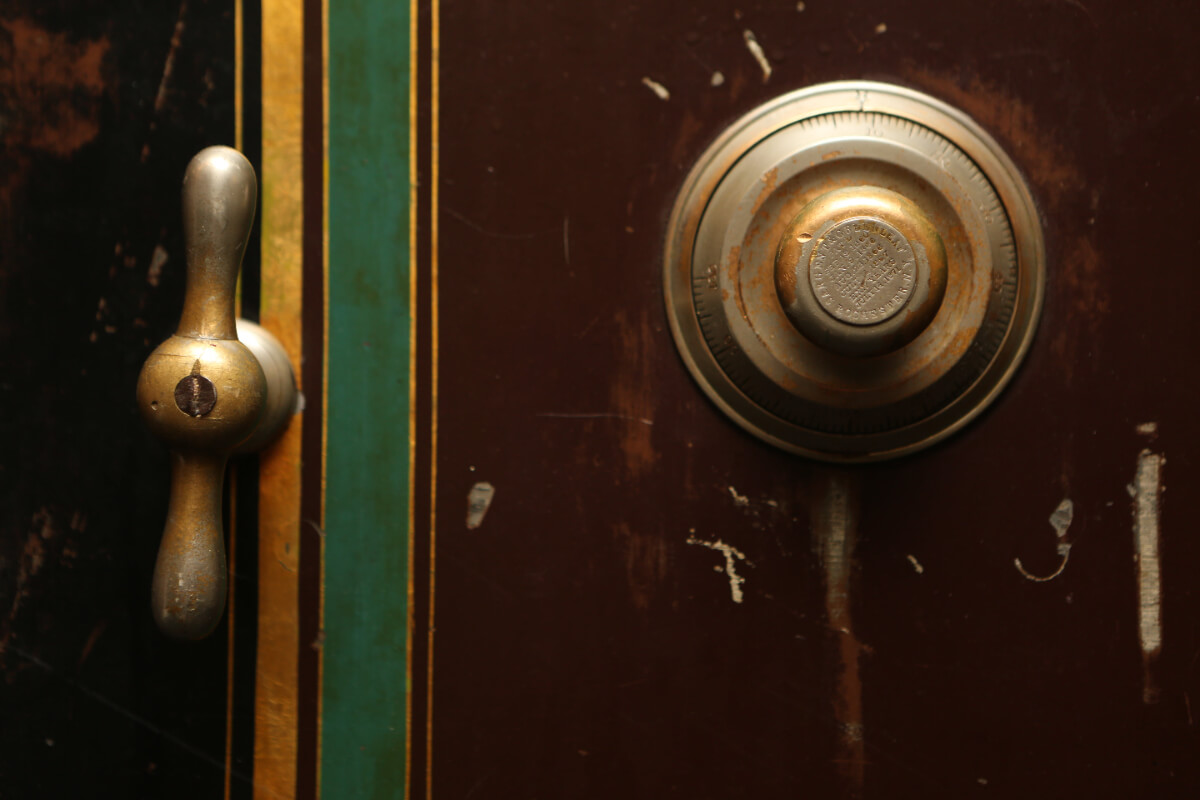In recent posts we have looked at two ways in which one spouse can try to defeat, or at least reduce, the other spouse’s financial claim against them: by dissipating assets and by declaring themselves bankrupt.
Now we look at a third way, and one that is probably more common: by simply failing to disclose assets.
Obviously, a financial settlement involves the court dividing the matrimonial assets between the parties. But in order to do this the court must of course know what the assets are, and this requires that the parties disclose all of their assets.
So it can be tempting for one party to simply not disclose all of their assets. After all, surely the court can’t divide assets that it doesn’t know about?
Well, that is not entirely true.
The court does not of course have to accept what the parties say about their assets. In fact, it is duty bound to consider whether assets have been hidden.
The court is entitled to draw such inferences as can properly be drawn from all the available material, including what has been disclosed, judicial experience of what is likely to be being concealed and the inherent probabilities, in deciding what the true facts are.
And if the court finds that assets have indeed been hidden then it may add them back to the disclosed assets, and take them into account when dividing the assets.
To do this the court will obviously have to quantify the undisclosed assets. It should attempt a realistic and reasonable quantification of the assets, looking at all of the evidence, including the lifestyle of the non-disclosing party.
In doing this the Court must ensure that a non-discloser should not be able to obtain an outcome from their non-disclosure better than that which would be ordered if the truth had told. However, if the result is an order that is unfair to the non-discloser, it is better that than that the court should make an order that is unfair to the other party.
How this works was demonstrated in a recent case in which the court found that the husband had failed to disclose assets.
The judge in the case assessed that the value of the undisclosed assets was £241,000. He therefore added that sum back into the ‘asset pot’, before dividing it between the parties.
If you have reason to believe that your spouse is failing to disclose assets then you should seek expert legal advice. We can find you an expert that works with you on our digital platform. For more information, call us on 020 3904 0506, or click here, and fill in the form.
* * *
Family Law Cafe’s accessible team of legal experts from various disciplines expedites the customer’s case and keeps them informed and in control 24/7 through a unique and secure online portal. Family Law Cafe is your start-point for getting matters sorted with strategy, support and security.
Image: Public Domain, via Piqsels

